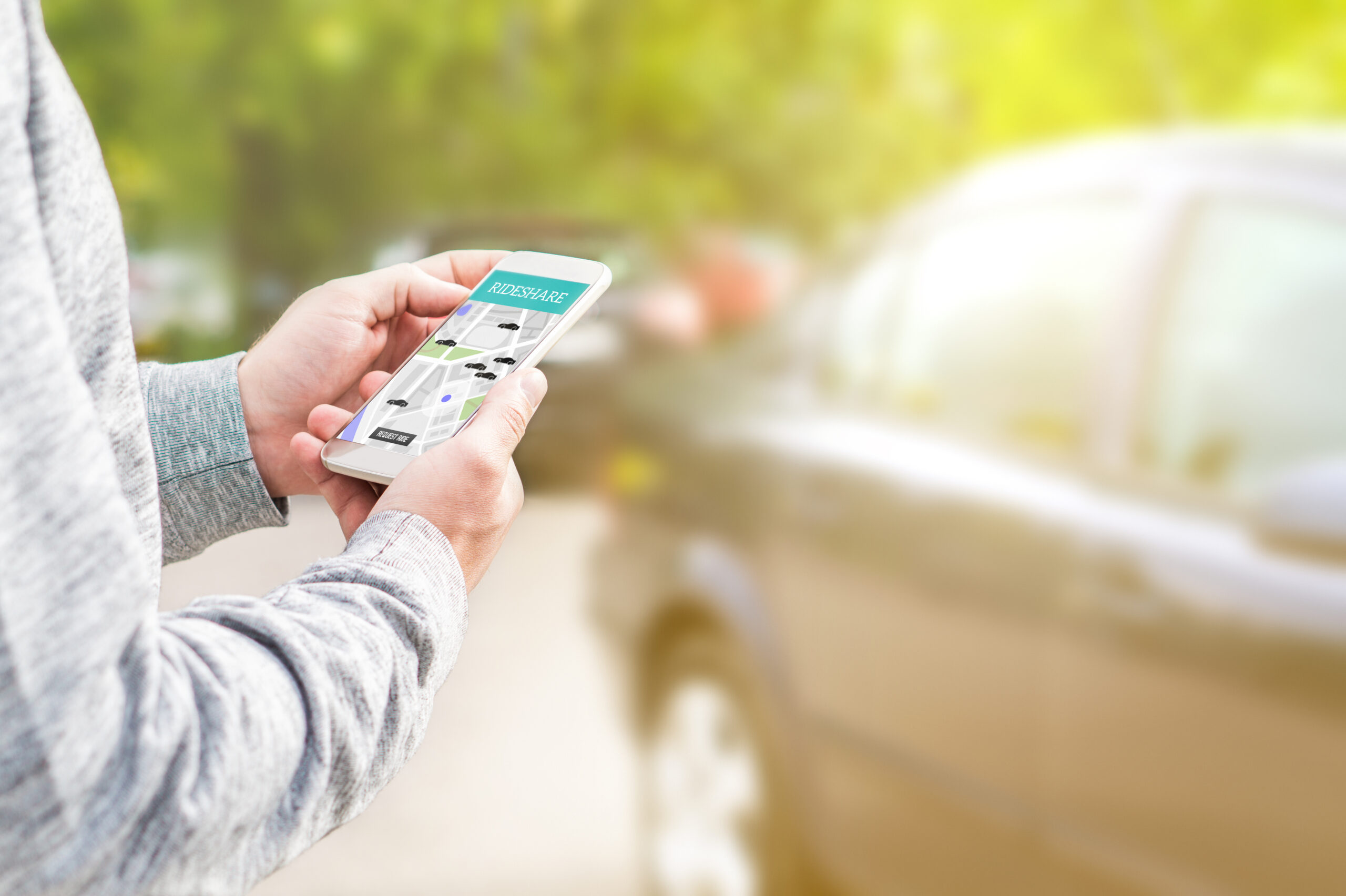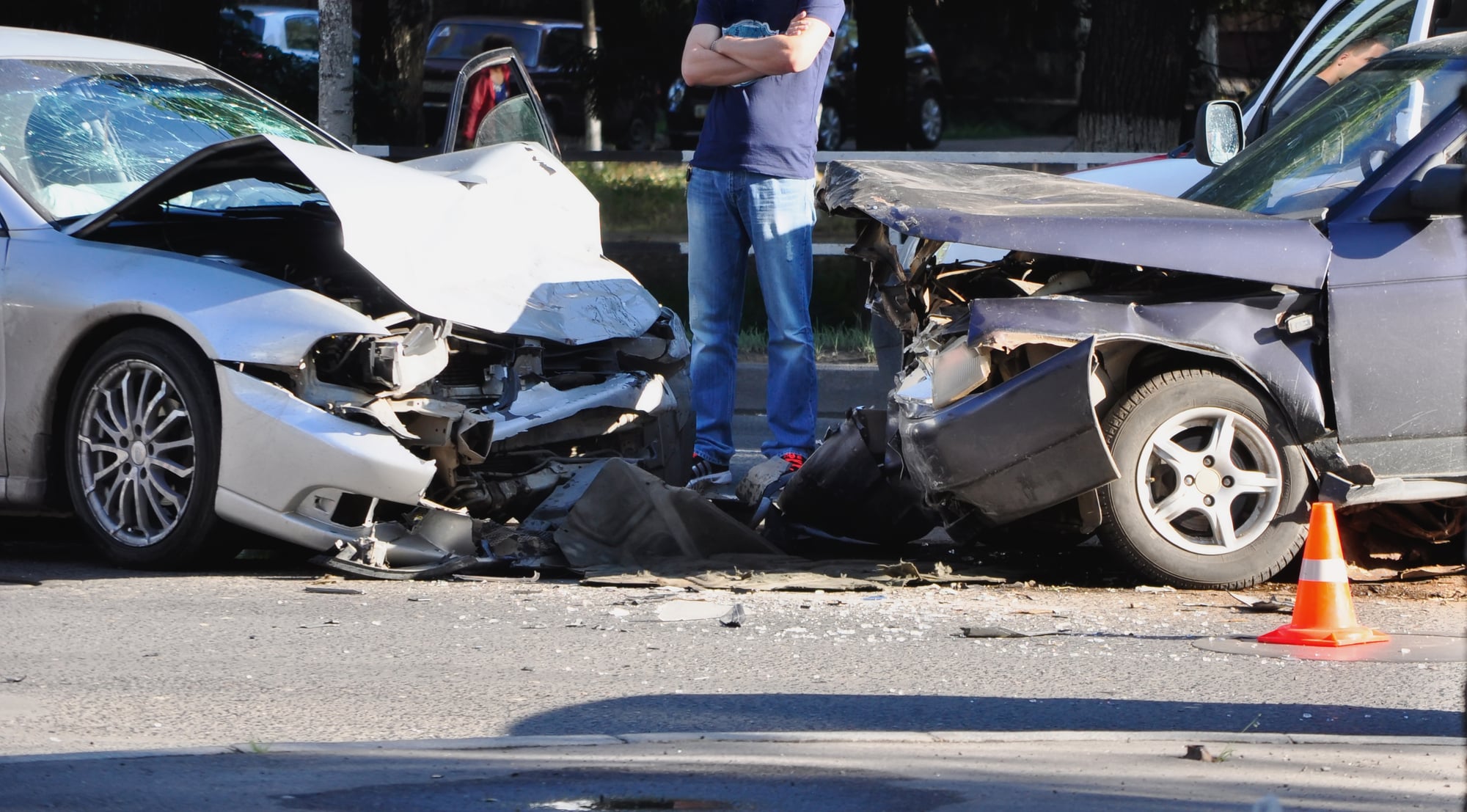The Complexity of Scottsdale Rideshare Accidents
When two average motorists are involved in an auto collision, what comes next can be relatively straightforward. While these cases are by no means simple, it’s often easy to point at one driver as the victim and the other as the negligent party. However, these issues can become much more complex when companies like Uber or Lyft are involved. That’s why it’s important to understand your rights as a passenger in a Scottsdale rideshare accident.
There are many reasons these cases can be so complex. For one, there are questions regarding whether drivers are employees or independent contractors. Fortunately, the Arizona legislature has taken steps to answer this question. However, there are still complicated issues regarding whose insurance policy will cover damages and how victims can seek compensation.
Understanding your own rights can help answer these questions.
Your Rights as a Rideshare Passenger in Scottsdale Accidents
When you enter a rideshare driver’s vehicle, your expectation is merely to get from Point A to Point B. For the overwhelming majority of those who use Transportation Network Companies (TNCs) like Lyft and Uber, that’s exactly what they get. However, the negligence of others can interfere with this simple expectation. The rights of a rideshare passenger can guide what happens next. These rights include:
- Right to safety — both before and after any potential accident
- Right to seek medical attention for any injuries sustained in an accident
- Right to obtain information from the driver, witnesses, and other involved parties
- Right to insurance coverage from the driver or rideshare company
- Right to file a claim with the rideshare company or at-fault driver
- Right to legal representation from a car accident attorney
- Right to have information handled in accordance with privacy laws
- Right to compensation for medical expenses, lost wages, and even non-economic damages
- Right to document the accident scene, injuries, and other details to support your claim
- Right to initiate legal action within the statute of limitations
Clearly, some of these rights are contingent on the circumstances of your case. For instance, an injury victim will not have the right to seek compensation for lost wages if their injury didn’t keep them out of work. It may also not be possible to seek compensation from companies like Uber and Lyft if the independent contractor working for them was “off the app” when an accident occurred.
Such issues can make it difficult to understand the path forward, even if you fully understand the rights of passengers in Scottsdale rideshare accidents. This is why it’s important to understand what Arizona law says about these accidents.
Rideshare Laws in Arizona That You Should Understand
When it comes to certain driving laws, there are national guidelines available. For instance, all states make it illegal for drivers to be behind the wheel with a blood alcohol content (BAC) of 0.08% or more. Unfortunately, the same types of guidelines do not exist for Transportation Network Companies. Each state has its own laws in place, and these can greatly affect the outcome for any victim in a rideshare accident.
In Arizona, there are laws which are both helpful and detrimental to passengers. For instance, Arizona has solidified the rights of TNCs to recognize their drivers as independent contractors.
This means their liability is lessened since they’re not technically “employing” drivers. However, the law does allow injured parties to file a claim for compensation in certain circumstances. This right will often depend upon the status of the driver:
- Not currently “available”: When a rideshare driver does not have a passenger and isn’t signed into the app to seek one, the company they drive for typically bears no liability.
- Seeking a rider: Rideshare insurance companies typically cover some level of damages when their drivers are signed into the app and actively seeking a rider.
- Transporting a rider: When a rideshare driver has a passenger, the insurance coverage provided by TNCs is much higher — sometimes up to $1 million.
While these rules may seem straightforward, they’re actually very complex. For instance, there are situations where the rideshare driver’s insurance company will cover some damages and the rideshare company itself will cover others. It’s also possible that the TNC will cover all damages — or none at all. The outcome of any case will depend upon the circumstances leading to the accident and who shares liability.
It’s sometimes even the case that passengers themselves may be partially liable. And even if they’re not, the liable party’s insurance provider may try to assert that they are. If they’re able to do this successfully, it can minimize the damages they pay. This is one of the many reasons it’s important to understand passenger rights in a Scottsdale rideshare accident — or to work with a professional who can help.
Should You Hire an Attorney After a Rideshare Accident?
If you’ve been involved in a rideshare accident, you may think that liability is straightforward. Unfortunately, this is rarely the case. Establishing fault in any car accident case can be complicated. And when you add in the complexities of rideshare company vs driver liability, matters become even more confusing. The simple fact is that insurance companies will always try to avoid paying out what they owe.
In this effort, they may try to lay some level of responsibility on the injured victim themselves. In other instances, there may be disputes over whether the driver was “signed on” during the accident. Also, consider what can happen if another driver shares some level of liability. Suddenly, you could be going back and forth with at least three different insurance companies. In some instances, litigation may also be necessary to figure out what’s owed.
Put simply, there’s no such thing as a clear-cut personal injury case. And if you lost a loved one in a wrongful death accident, issues of liability become even more challenging. Fortunately, you and your loved ones have rights as passengers in Scottsdale rideshare accidents. At the Wilson Ortiz Law Firm, we’ll help you understand these rights and how to move forward. Contact us at (623) 294-1442 to schedule your free consultation.




